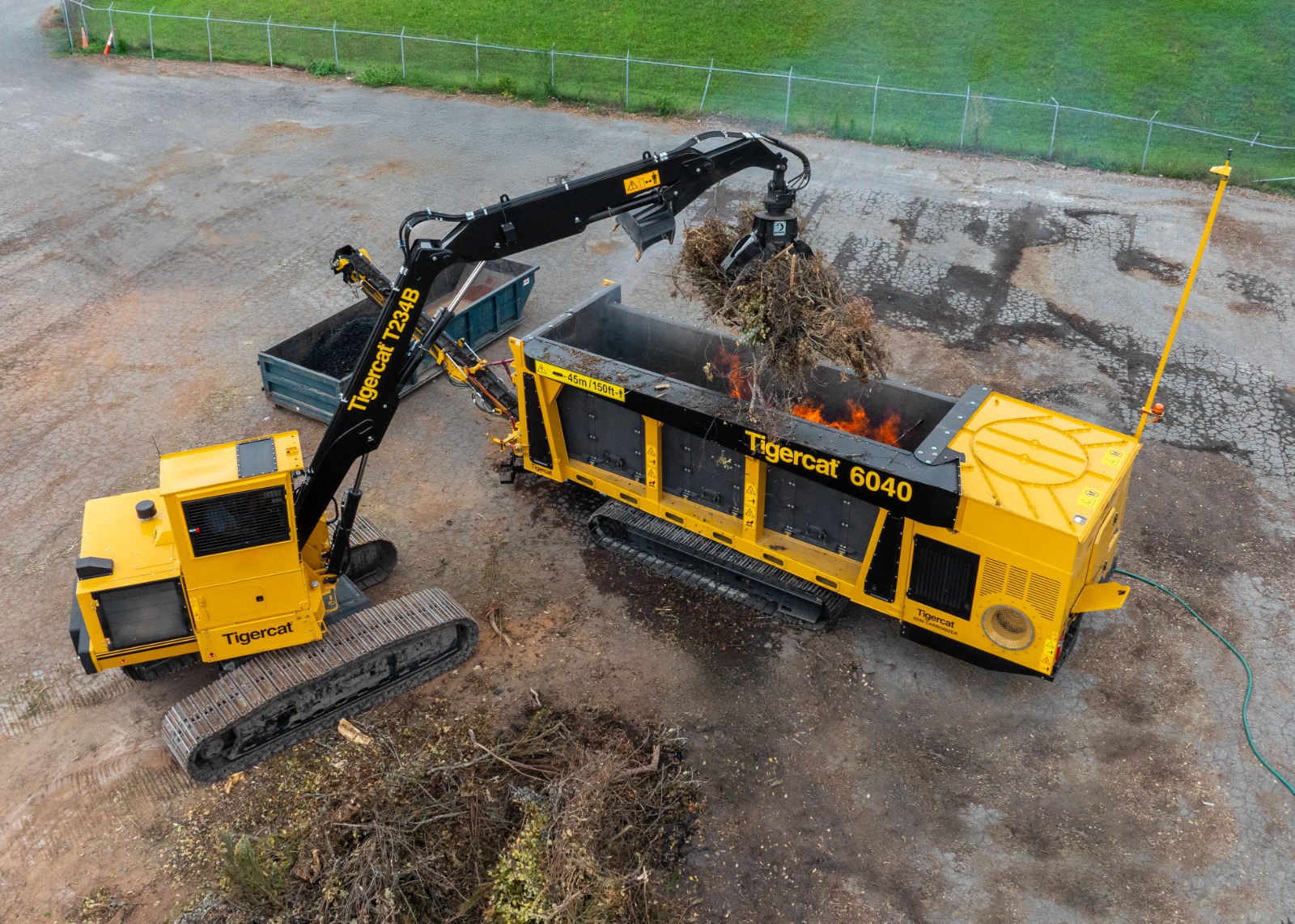Chile's forestry industry has taken a significant step toward sustainability and international competitiveness with the implementation of a new national forest certification standard. This standard, aligned with the European Union's Regulation on Deforestation-Free Products (EUDR), positions the country as a global leader in adapting to responsible global trade requirements.
Starting December 30, 2025, the EUDR will require all wood and pulp-derived products entering the European market to come from legal sources and be deforestation-free. Anticipating this regulation, Chile has become the first country to update its certification system to explicitly incorporate zero-deforestation requirements, validated by PEFC Chile, an internationally recognized forest certification system.
With over 1.1 million hectares of planted forests certified by PEFC, Chilean forestry companies already holding this certification will be able to demonstrate compliance with the new European regulation through traceable and geolocated evidence. "The EUDR will mark a turning point in global forest trade. Thanks to this update, certified Chilean companies are better prepared to meet its requirements and maintain access to high-value markets like the European Union," says André Laroze, CEO and Executive Secretary of PEFC Chile.
The national standard includes robust criteria such as origin traceability, native forest protection, respect for communities and workers, and verification through independent audits. Additionally, geolocation systems have been incorporated to confirm no forest conversion or replacement of native forests with plantations—a core requirement of the EUDR.
Although PEFC certification remains voluntary, its strategic value increases in light of new international regulatory demands. Small and medium-sized forest owners will also benefit, as they now have a concrete tool to validate their commitment to sustainability and access more demanding international markets.
This advancement reaffirms Chile's leadership in responsible forest management, setting a global precedent that combines environmental commitment, competitiveness, and proactive adaptation to future regulations.







Comments (0)
No comments yet. Be the first to comment!
Leave a comment